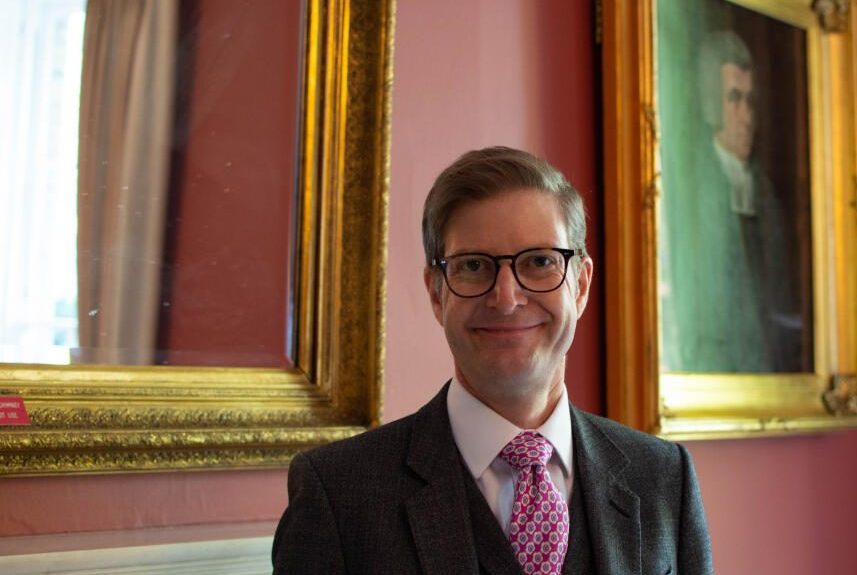Welcome to Westminster, a leading academic school in the centre of London.
A passionate, purposeful and progressive place to study, our pupils discover a deep love for learning and respect for the tradition of scholarship, as well as an openness to fresh ideas and innovative ways of thinking. Westminster pupils go on to achieve exceptional examination results and entrance to a vast array of the world’s most celebrated universities. While this success is a result of their enjoyment of academic enquiry and debate, and the enthusiasm their teachers have for their subject, it is also down to their curiosity and the interests they form outside of the timetabled curriculum. Westminster presents the perfect opportunity for bright pupils to share and develop their thoughts and skills, to ultimately prepare them for a fulfilling and vibrant life after School.
A Westminster education is an accessible one. Our community is friendly and diverse, and is open to both boarders and day pupils. Boys and girls join the School at both 13+ and 16+, with international pupils joining us at 16+, and many of our pupils are successful in achieving bursaries and scholarships to the School. The School’s sociable and inclusive nature is characterised by the way in which pupils support one another at daily peer-led events and the collaborative nature of charity fundraisers and whole-school productions. Pupils are taught to appreciate and learn from the knowledge and experiences of those around them, and to engage with current political, cultural and academic developments, within a safe and open environment.
At Westminster, we want every single pupil in our care to enjoy their time, and to flourish and to take advantage of all the opportunities available to them, and we take this responsibility extremely seriously. Underpinning all our work is an excellent system of safeguarding and pastoral care centred around each child: Housemasters, tutors, matrons, school counsellors, a School Nursing Sister and a Chaplain all work to guide them throughout their time in the School. Everyone is welcome, and all are valued and nurtured here.
Beyond the classroom, we foster the diverse range of hobbies and interests our pupils have with an exciting and extensive extra- and co-curricular programme of events. Two entire afternoons each week are dedicated to sport and pupils compete in fixtures against opposing teams in and around London, with cricket, football, netball and rowing being the School’s major competitive sports.
The School is renowned for its culture of music and theatre, and pupils are encouraged to take music lessons and to join orchestras, choirs and theatre projects. Whether it be a night-time opening of the School’s observatory, a lecture with an expert linguist, artist or sports personality, choral evensong in Chapel or a product design workshop, there is much going on throughout the year. Pupils can attend debating or MUN clubs, take part in inter-school general knowledge competitions, compete in an inter-House chess competition or play pool in their House common room. There are options available to each and every pupil, at any time of the day, to help supplement their academic education and to ensure that their development needs are met

